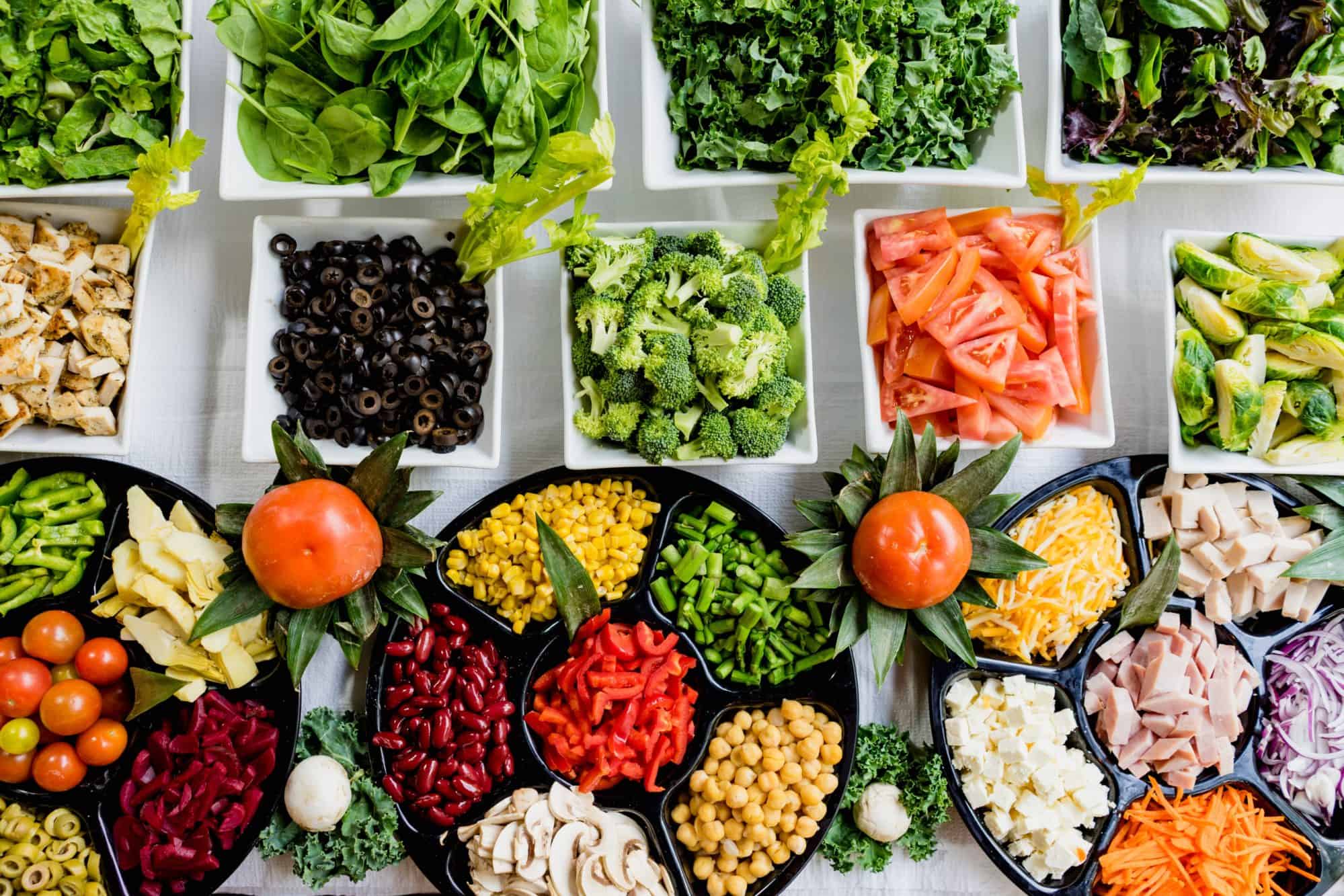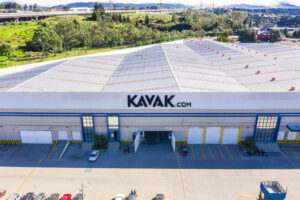
Por Jacob Atkins
July 17, 2019
Contxto – Pink Farms is a Brazilian urban vertical farming startup based in São Paulo. With the participation of SP Ventures and Capital Lab, the agrotech just raised R$2 million (approximately US$533,000) to heighten its tech-powered production.
As one of the first urban farms in Latin America, Pink Farms uses sustainable means to produce nutritious food. The clean vegetable production cycle takes place indoors with 100 percent artificial lighting, vertical structures and the newest technology.
New capital will go towards constructing its first large-scale factory to better serve São Paulo. The startup also plans to introduce new products such as strawberries and tomatoes to its portfolio. Likewise, it will continue improving its technology via more research and development.
“Consumers are increasingly looking for products with higher quality and in organizations that are concerned about the environment,” said Francisco Jardim, Founding Partner of SP Ventures. “Therefore, we analyzed Pink Farms’ proposals and decided to invest in its development.”
To be exact, vertical farming refers to the practice of growing produce in vertically stacked layers. It is particularly useful in areas with limited land, making cities ideal places to implement these practices using soil, hydroponic or aeroponic growing methods.
SP Ventures claims that Pink Farm’s urban vertical farming method is 100 times more productive than open field crops. This is specifically due to its use of multi-level structures. With this, producers can better monitor temperature, humidity and air quality control.
Not only is this process more efficient but also more environmental. For example, agrochemicals aren’t necessary with urban farming. Even more, it reduces water consumption up to 95 percent and fertilizer use by 50 percent.
Pink Farm founders originally wanted to launch the company based on their challenges of finding quality produce in Brazil.
“Looking at the market and the vegetable production chain in Brazil, we had very negative surprises mainly due to the chain’s low efficiency with post-harvest losses of up to 40 percent,” said Geraldo Maia, co-founder of Pink Farms, who created the company in 2016 with brothers Mateus and Rafael Delalibera. “That is, out of every 100 kilos of edibles, (we) only consume 60 kilos.”
There are even logistical benefits.
“We also use the farm to table concept to reduce the number of intermediaries, time, losses and impact generated in the chain, always bringing a much fresher product to consumers,” added Maia.
”It is possible that the product is consumed on the day it was harvested, eliminating post harvest losses and increasing the shelf life by more than 100 percent.”
We’re definitely adding Pink Farms to our foodtech market map!

-JA

Por Yanin Alfaro
February 17, 2026

Por Israel Pantaleón
February 17, 2026

Por Stiven Cartagena
February 13, 2026